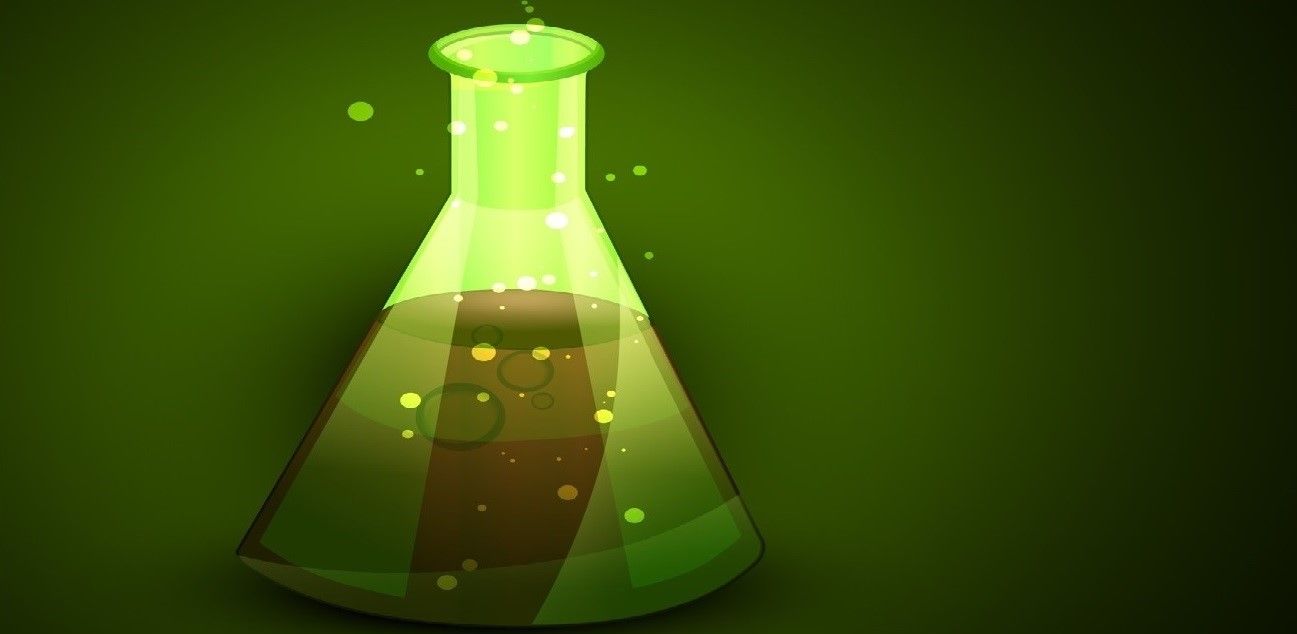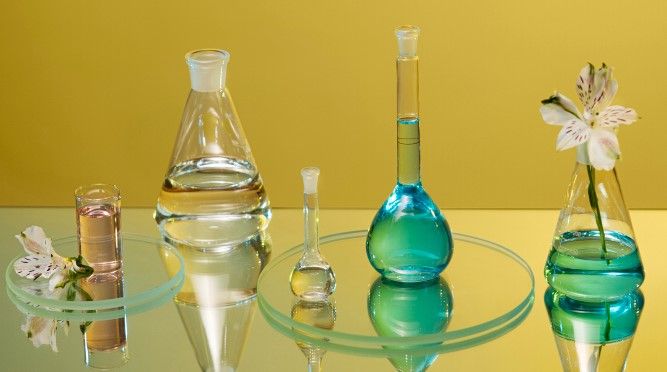The chemical industry is the source of so much around us and a sector of the global economy which employs 20 million people and generates a total value of $5.7 trillion.
But at this time of year, it is important to look beyond the numbers to think about what Christmas truly means. A festive thought for all we should be thankful for and for the chemical industry which provides so much to so many.
C.H.R.I.S.T.M.A.S.
C is for Chemicals.
The industrial ingredients which keep us safe, healthy, and warm. They clean our clothes, our kitchens, our bodies. They make the materials for our homes, our clothes, and our possessions. They create colour for fashion, for pictures, for make up, and for walls. They kill bacteria and viruses. They package our food, protecting us from getting sick, and keeping food edible for longer. They even provide the medicines which help us get well when sick.
H is for Hydrogen.
The smallest, lightest, and most prevalent molecule in the universe. Although it does not naturally occur on Earth, it can be extracted and utilized as an energy source by itself or in combination with water (H2O) or hydrocarbon molecules (fossil fuels) like gas, coal, and petroleum. Although it is already in use as rocket fuel, it is currently being promoted as a safe and clean substitute for gas and oil in earthly transportation and heating. As a result of its versatility and cleanliness, political backing and investment for this raw material/energy store is growing.

R is for Retail.
As a largely wholesale industry, little thought is given to the retail side of the chemical sector. Yet, it is an important aspect of the chemical industry. Retailers provide a wide range of chemicals to various industries, including manufacturing, agriculture, and healthcare. They ensure the safe storage, handling, and transportation of chemicals, while also providing technical support and expertise to their customers.
I is for International Standards Organisation.
The chemical industry would be nothing but dangerous without standards. The International Standards Organisation (ISO) operates as an established regulatory body which ensures conformity of products. This provides safer chemical raw materials - where both the supplier and the consumer know what they are dealing with. Alongside other regulatory bodies and agreed standards, such as REACH, K-REACH, the US EPA's The Toxic Substances Control Act, ISO standards function as both a guideline and a safety net.

S is for Safety.
The importance of chemical industry safety cannot be overstated. It ensures the well-being of workers, protects the environment, and safeguards public health. Proper safety measures prevent accidents, spills, and exposure to hazardous substances. By adhering to strict protocols and regulations, the chemical industry can continue to innovate and provide essential products while minimizing risks. Safety is paramount in maintaining a sustainable and responsible industry.
T is for Trade.
Chemical industry trade lies in its ability to drive economic growth and innovation. It allows for the exchange of valuable resources and expertise, leading to the development of new products and technologies. Additionally, the international trade of chemicals promotes collaboration and cooperation among countries, fostering global progress and prosperity.
M is for Monomer.
Atoms or tiny molecules known as monomers are the building blocks of polymers in the chemical industry. They are small molecules that can join together to form long chains or networks. Monomers play a crucial role in various processes such as polymerization, which is essential for the production of plastics, fibres, and other materials.
A is for Alcohol, Acid, and Alkaline.
Alcohol for social occasions, but also as a raw material. Acids and alkalines meanwhile, play a vital role in the chemical industry. Acids are used for various purposes such as pH adjustment, metal cleaning, and synthesis of chemicals. Alkalines, on the other hand, are used for neutralization, wastewater treatment, and soap production. Proper handling and disposal of these substances are essential for environmental sustainability.

S is for Sustainability.
Sustainability in the chemical industry is crucial for a greener future. Companies are adopting eco-friendly practices such as reducing emissions, using renewable energy sources, and implementing efficient waste management systems. They are also developing bio-based materials and investing in research for cleaner production processes. Collaboration between industry, government, and consumers is key to achieving a sustainable chemical industry.
Here concludes this Christmas list, a thanks for the chemical industry which does so much for so many.
In the realm of Christmas cheer,
With joy and laughter drawing near,
Industrial chemicals find their place,
To add sparkle, and shine, and grace.
In the workshop, Santa's elves toil,
Mixing chemicals with love and oil,
Lights twinkling with vibrant glow,
Chemical reactions make them so.
So, as we enjoy this holiday,
Recall the role that chemicals play,
In making Christmas a time imperial,
The king of goods and raw material.
Merry Christmas Everyone!
Photo credit: Freepik, vvstudio, Freepik, & pinnacleanimates